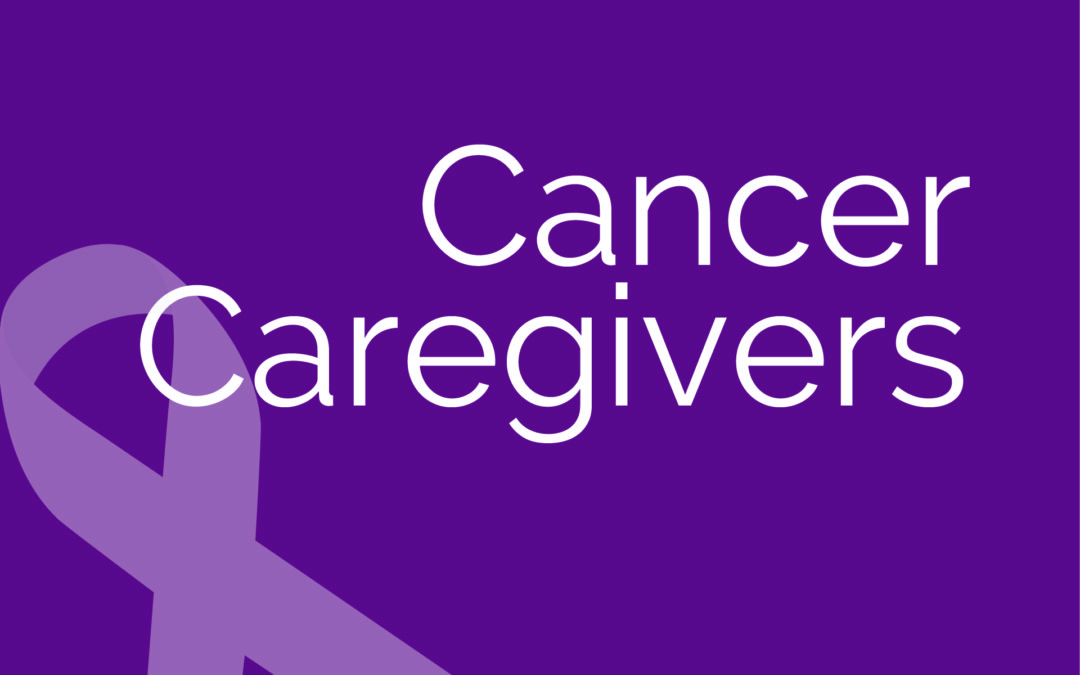
by Alexa Jett | Feb 23, 2021 | Blood Cancers, Cancer Caregivers, Cancer Resources, Men's Breast Cancer, Ovarian Cancer, Prostate Cancer, RMC, Thyroid Cancer, Women's Breast Cancer
Wendy Garvin Mayo, APRN, RN is really popular in the AnCan universe! While you’ll find her at our Cancer Caregivers Virtual Support Group meetings, her resources and wisdom often pops up in many of our groups.
Wendy had a great blog post to share from our friends at Cure. Titled “The Cancer ‘Bombshell’: 8 Tips for Devoted Caregivers“. With great practical advice and commentary, we’re sure you will find this incredibly helpful. My caregiver, my mom Lisa, will especially appreciate tip number 8. Hint: it’s about her favorite food.
For information on our peer-led video chat CANCER CAREGIVERS VIRTUAL SUPPORT GROUP, click here.
To SIGN UP for the Group or any other of our AnCan Virtual Support groups, visit our Contact Us page
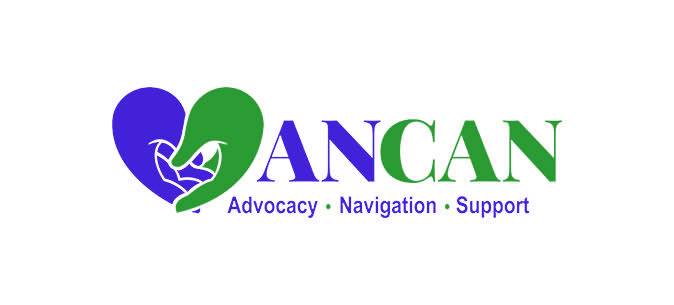
by Rick Davis | Feb 21, 2021 | Advocacy, Blood Cancers, Brain Tumors, Cancer Caregivers, Cancer Resources, hospice and palliative, Maui, mCRPC, Men 'Speaking Freely', Men's Breast Cancer, Multiple Sclerosis, Ovarian Cancer, Prostate Cancer, RMC, Sarcoidosis, Thyroid Cancer, Women's Breast Cancer
Consequences of Compromised Health Care
This week, Peter Kafka considers how the constraints on providing health care during the pandemic may have long term consequences.
As an editorial note, we now see how discouraging PSA testing has come back to haunt us. The American Cancer Society projections for new prostate cancer cases in 2021 have leapt 30% from 2020 to 2021 reaching ca. 249,000. Ancan puts it down largely to built-up backlog due to lack of testing. (rd)
As I sit down to compose this reminder notice for our upcoming meeting, I am very much aware that here in the USA this weekend we will probably reach the milestone of half a million recorded deaths from Covid-19 in the year since the first deaths were reported. Regardless of how you might process numbers such as this, one thing for sure is that this Pandemic has flipped much of our healthcare system on its head and that impacts all of us. And of course, this is not only true in the US, but throughout the world.
Just the other day, “I heard it through the grapevine… that my medical oncologist (for the past 6-1/2 years) would no longer be mine”. Yes, the thriving practice that he was such an integral part of began losing so much money this past year that he had to depart for his own financial security. Many independent medical practices are struggling as are hospitals that depended upon elective surgery and emergency room visits to remain financially viable. People just aren’t going to the doctor the way they used to in 2019.
Men were notorious for avoiding doctors even before this pandemic. But now it is amplified. For those that are healthy and young the impact is minimal. But for those who are older and have increased risk of serious illness and disease such as cancer, the impact on both men and women is considerably higher. Statistics are now rolling in comparing the diagnosed incidence of various cancers in 2020 to the totals of 2019 BC (Before Covid). The difference is substantial and not just a statistical fluke. Someone might take this to mean, “Great, cancer rates are dropping”! But unfortunately, this is not the case. Men and women are forgoing routine screening and testing for cancer for fear of going to hospitals, clinics and doctors.
Unfortunately, the implication is that in the months and years ahead there may well be a significant rise in the number of cancer cases that have advanced to a more serious metastatic stage because of a decline in early detection and early treatment. While the incidence of seasonal flu has slowed way down in this age of Covid-19, prostate cancer as well as other cancers and serious illness are still chugging along at the same clip, but just not being diagnosed. So, I think I will leave it there for you to draw your own inferences. If it were me, I would encourage anyone I know not to ignore symptoms and concerns about their health even if it is more difficult to get medical help.
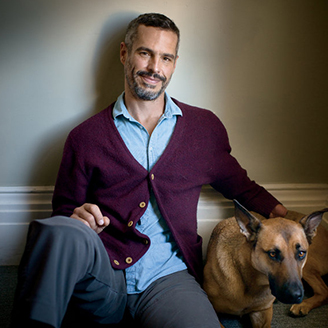
by Rick Davis | Feb 10, 2021 | Advocacy, Blood Cancers, Brain Tumors, Cancer Caregivers, Cancer Resources, Health Resources, hospice and palliative, Maui, mCRPC, MedaFit, Men 'Speaking Freely', Men's Breast Cancer, Multiple Sclerosis, nmCRPC, Nutrition, Ovarian Cancer, Prostate Cancer, Recent News, RMC, Sarcoidosis, Thyroid Cancer, Webinars, Women's Breast Cancer
Dr. B.J. Miller’s Prognosis Declaration Can Revolutionize the Quality of Your Treatment Path
One of the most compassionate, influential and remarkable docs I have had the great fortune to encounter since I got into this biz, is Dr. BJ Miller. We are honored to have BJ on our Advisory Board, and while we rarely speak live, I consider him a friend.
More significantly, a couple of men lost to this disease who I have known well, welcomed BJ to their medical teams …. and he made a huge difference to them. In a recent webiinar “Making Medical Decisions”, BJ shared a revolutionary document with us ….BJ’s Prognosis+Declaration
All too often medical teams put their foot in their mouth …. and sometimes unwittingly yours, when they provide an unrequested prognosis for your situation. Some may want to know how serious their disease is .. or how long they have to live; others frequenbtly do not. The Prognosis Declaration offers four (4) options from knowing everything to knowing nothing, or maybe having your caregiver know but not you. You determine what you want to hear, and you give the Prognosis Declaration to your medical team upfront ….. brilliant! The form was developed by one of BJ’s patients who lost his wife to cancer.
The whole webinar, Managing Your Medical Decisons, can be heard here – it’s truly worth a listen.
Dr. Miller, btw, now runs his own non-profit organization The Center for Dying and Living. For many years he has been on the clinical and teaching faculty at UCSF. BJ’s remarkable TED Talk, ” What Really Matters At THe End of Life” now boasts over 12 million views.
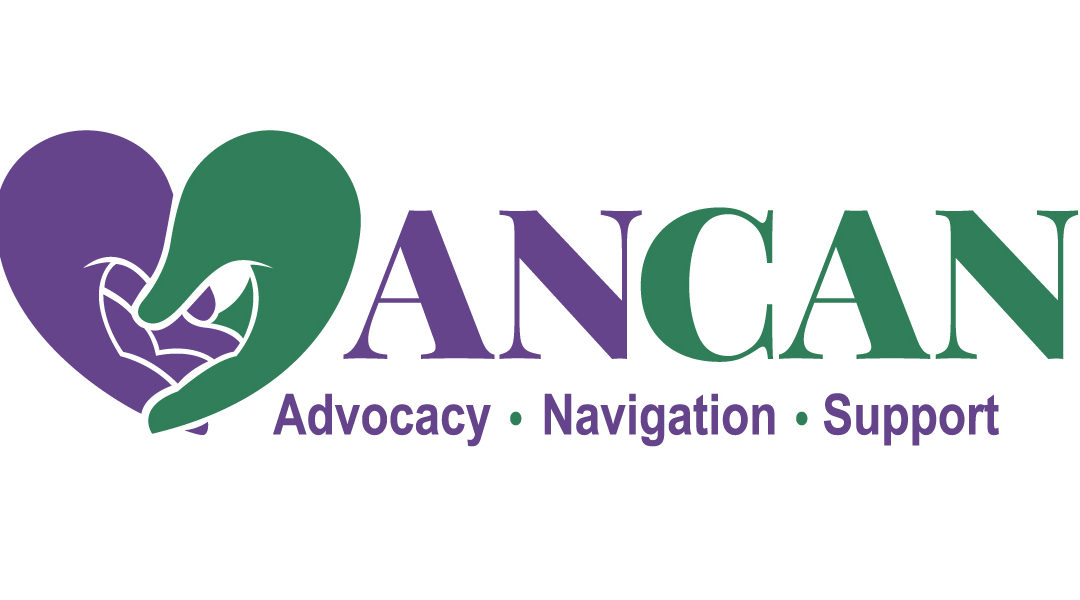
by Alexa Jett | Jan 27, 2021 | Cancer Resources, Blood Cancers, Cancer Caregivers, Health Resources, Men 'Speaking Freely', Men's Breast Cancer, Multiple Sclerosis, Ovarian Cancer, Prostate Cancer, RMC, Sarcoidosis, Thyroid Cancer, Women's Breast Cancer
If you’ve ever come to one of our Virtual Support Groups, you’ve probably heard “be your own best advocate“! It is a favorite mantra of Rick’s, and I’m happy to report it’s rubbed off on me as well. That driving philosophy inspires us to provide information via our groups, webinars, and this blog.
We came across a great blog post by our friends at CancerConnect that does just that. C.H. Weaver M.D wrote a phenomenal piece titled “An Oncologist Explains “Routine” Blood Tests Performed in Cancer Patients“. It has everything from CBC (Complete Blood Count) to more specialized tests like PT (Prothrombin time) and Ferritin. I love how simple Dr. Weaver explained things, and provided images too. As a visual learner, it was great to see examples.
YOU are a very important part of your care team, and I’m certain this will help empower you even further when you get your lab results back.
May all your lab draws be quick, painless, and easily understood!
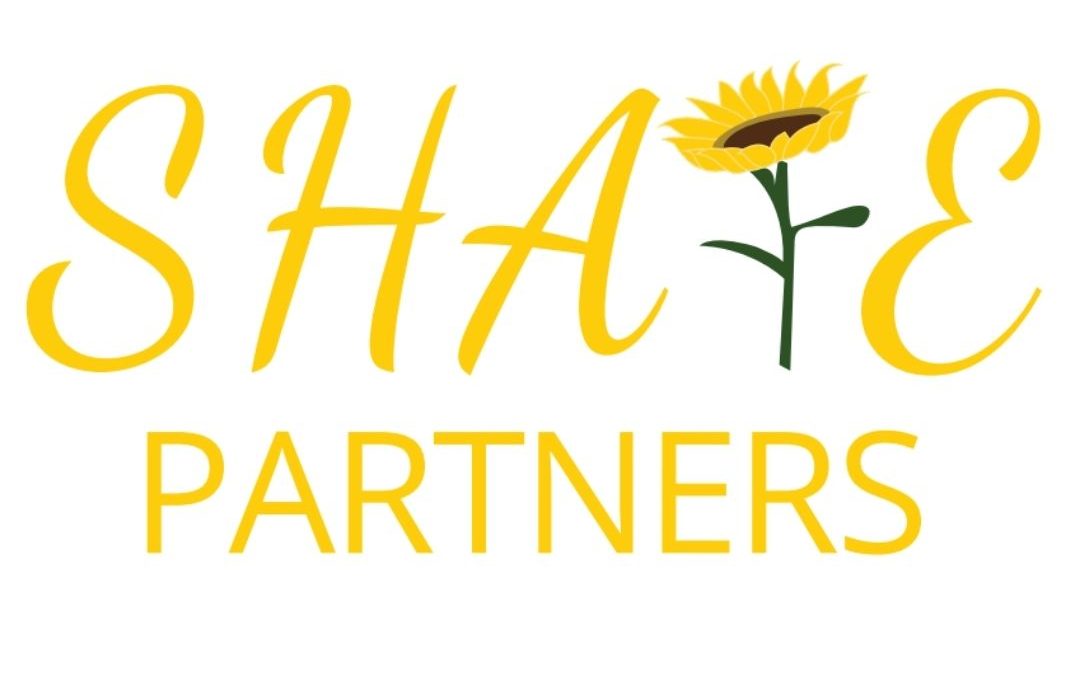
by Alexa Jett | Jan 21, 2021 | AYA, Blood Cancers, Brain Tumors, Cancer Caregivers, Cancer Resources, Men 'Speaking Freely', Men's Breast Cancer, Multiple Sclerosis, Ovarian Cancer, Prostate Cancer, RMC, Sarcoidosis, Thyroid Cancer
At our last Cancer Caregivers Virtual Support Group meeting, Wendy Garvin Mayo, APRN, RN brought a wonderful resource to our attention!
Ho’oponopono – is a Hawaiian practice of reflection and forgiveness. On Saturday, January 24rd at 11am EST, Cindy Cooley Brockway and I are hosting a second Morning Shared Journaling Experience that is a reinterpretation of this beautiful practice.
”I’m sorry. Please forgive me. Thank you. I love you.” Gentle, cleansing, creative and refreshing.
Hope you can join us: click the link to join https://us02web.zoom.us/j/89798556209
I’m certain this is a can’t miss event for healing. Thank you so much that you do for our community, Wendy!
For information on our peer-led video chat CANCER CAREGIVERS VIRTUAL SUPPORT GROUP, click here.
To SIGN UP for the Group or any other of our AnCan Virtual Support groups, visit our Contact Us page

by Rick Davis | Jan 10, 2021 | Recent News, Advocacy, AYA, Blood Cancers, Brain Tumors, Cancer Caregivers, Cancer Resources, Health Resources, Maui, mCRPC, Men 'Speaking Freely', Men's Breast Cancer, Multiple Sclerosis, nmCRPC, Nutrition, Ovarian Cancer, Prostate Cancer, RMC, Sarcoidosis, Thyroid Cancer, Women's Breast Cancer
Our Board Chair and long time moderator, Peter Kafka, tells us how he fortuitoulsy got his Covid vaccination last week. For the first time, Peter adds the High Risk/Recurrent//Advanced Prostate Cancer Group to his Moderation repertoire this week.
POKEY MAN
i just returned this morning from getting my initial Covid-19 Moderna vaccination. Happy to report that it was an uneventful event. My anxiety level was increasing in recent days as our positive cases began to tick up considerably out here on little Maui in the middle of the Pacific ocean. Information here is slow to filter down and when I inquired about the shot I was tole that it would be some time in April or May since I was not yet 75 years old. Then, I got a surpise call from the Pacific Cancer Foundation which I volunteer for in a support and advocacy capacity and they told me that they could get me into their priority group today.
I am certainly not bragging about the above, but I mention it because there was absolutely no hesitation or concern in me about going forward with the vaccination. In the past 7-years I have been poked and scoped and proded more times then I can count. This kind of comes along with signing up for medical treatment for advanced prostate cancer. I understand that there may be as many as 40% of Americans who may decline getting a Covid-19 vaccination according to polls and predictions. And this is a personal choice in our society. But I doubt that those of us who find ourselves in this subset of Prostate Cancer guys would be so reluctant.
Over the years I have met men who chose not to enter into any kind of treatment for their more advanced prostate cancer diagnosis. Some of these men are still around and others not. I always wrestle with what my role is in this decision. I can encourage, I can strongly suggest that someone at least consult with a doctor who might be more pursuasive than me, and most of all I can point to myself as an example of a man who has not suffered from a host of medical treatments thus far. But in the end everyone must live or not with the decision they make.
The other day we had an AnCan Webinar with Dr. Jonathan Epstein, the go-to pathologist at Johns Hopkins for second opinions. He mentioned that he does actually consult with some of the men who reach out to him. This brought a smile to my face when I recalled a good friend who was leaning toward his own alternative treatments for his GL-4+3 diagnosis. I encouraged him to get a second opinion from Dr. Epstein. On his own he called the office and Dr. Epstein listened politely for 10 minutes while my friend described his alternative treatment protocol. Dr. Epstein responded, “That is all fine and good and you can continue with that protocol but you need to know that without medical intervention this disease can kill you!” That was all it took, a few weeks later he was getting radiation and he is doing fine and we are best of friends.





